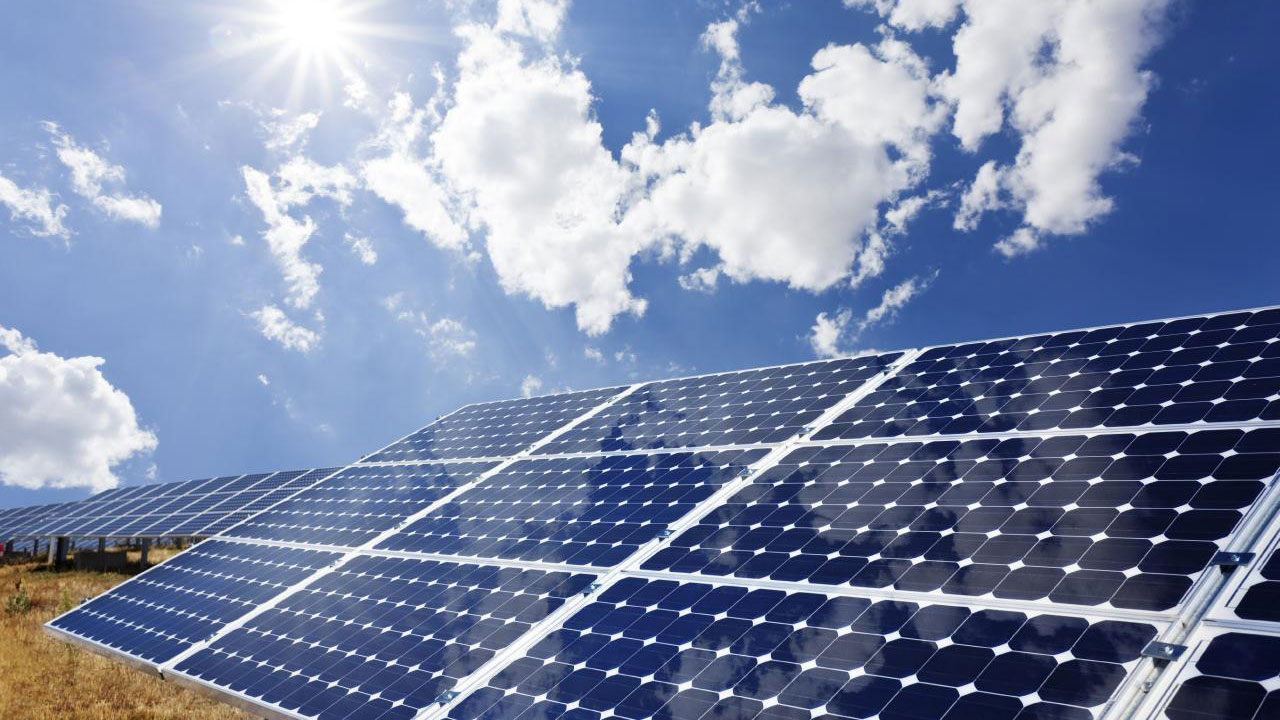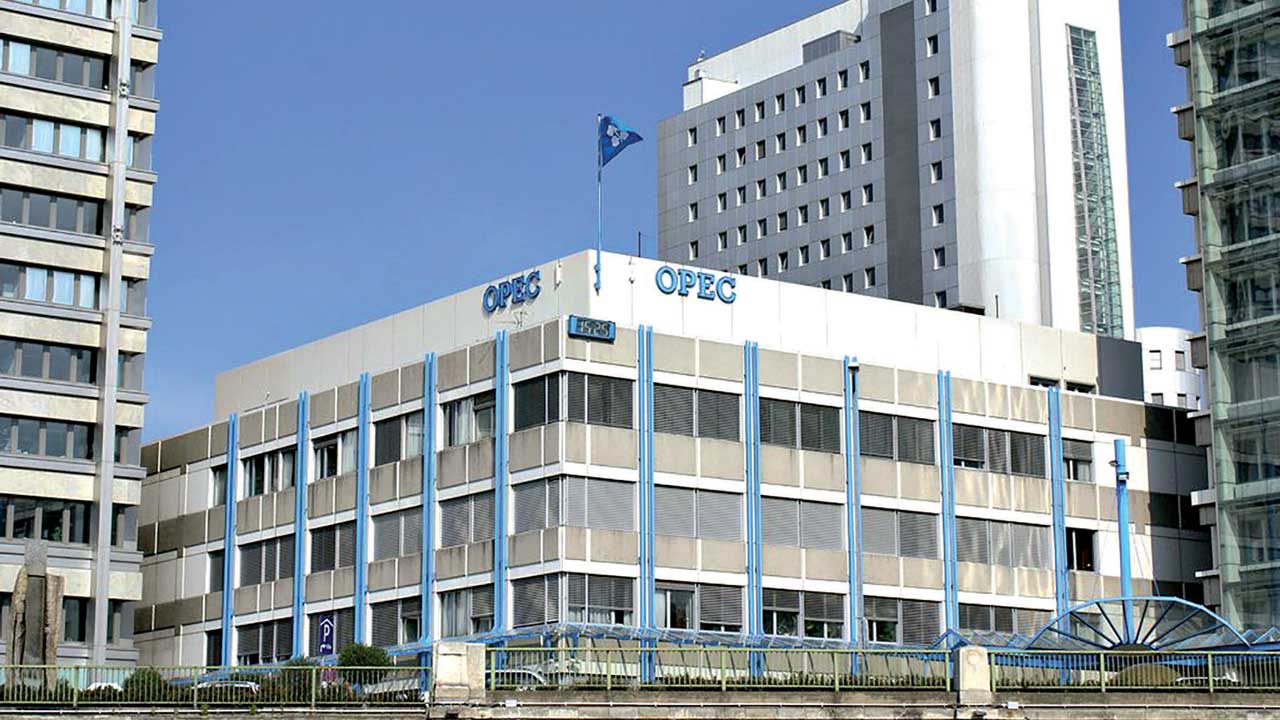Barely two weeks after stakeholders in Nigeria’s renewable energy sub sector have called on the Federal Government to come up with a clear regulatory framework tailored for the development of the sector, more foreign investors have began investments.
Recently, EM-ONE Energy Solutions sealed a contract deal with the Federal Ministry of Power, Works and Housing to design and install a 1.52 megawatts solar plant with a battery storage capacity of 2.26 megawatt-hours.
Farm location plan for the solar power plant showed that it will be mounted on carport and rooftop canopies with the configuration to generate 2.45 gigawatt-hours of energy annually.
The Ministry said the project when delivered will drastically drop the ministry’s energy dependence on non-renewable power source by 71 per cent and reducing carbon dioxide generation by 2,600 tonnes.
In a statement made available to Business Hilights Abuja Bureau chief, the Ministry disclosed that EM-ONE would also complete an electrical retrofit on four office buildings within the ministry’s headquarters for energy efficiency upgrades, adding that the retrofit would replace old electrical appliances and connections with energy efficient ones, reducing the complex’s consumption by 40 per cent.
“The advanced microgrid and energy storage system for the project is provided by a United States firm, Tesla, while the energy efficiency components are provided by Schneider Electric, according to the statement.
In his remarks, the Minister of Power, Works and Housing, Babatunde Fashola, noted that the deal would make the ministry the first of Federal Government’s office complexes to use renewable energy as its primary power source.
Fashola averred that “Once completed, the system will save millions of naira every year on a cleaner and more reliable power supply. This forms part of the Federal Government’s commitment to renewable energy and mini grid policy.”
Earlier in his comments, the Chief Executive Officer, EM-ONE, Mir Islam, said, “This is an exciting project for EM-ONE; we have a vision of making Nigeria an energy-surplus country by developing self-sustaining energy producers that not only generate electricity for their own consumption but also export additional energy to the national grid.
“We are looking forward to working with the ministry and our valued technology partners on this pioneering project.”









